
When refugees lead: A conversation with Canada's refugees minister
We speak with Canada's minister of refugees and immigration Ahmed Hussen about how his own experience of displacement influenced his career and policy-making for our new series on leadership by refugees. When Ahmed Hussen first arrived in Canada as a teenager, he remembers feeling very cold and very lonely. His family had fled Somalia when the government collapsed amid civil war in 1991. Hussen’s parents stayed behind as refugees in Kenya but sent their sons to Canada.
After high school, Hussen saved by money by working at a gas station and waited for his residency status to be eligible for student loans. He eventually trained as a lawyer and opened a private practice, taking on immigration and criminal cases.
When Hussen decided to enter politics, he became the first Somali-Canadian in parliament in 2015. Two years later, he was the first refugee to be appointed Canada’s Minister of Refugees, Immigration and Citizenship.
As part of our series "When Refugees Lead,” we spoke to Hussen about how his family’s displacement and his early experiences in Canada shaped his political outlook and policy priorities.
After high school, Hussen saved by money by working at a gas station and waited for his residency status to be eligible for student loans. He eventually trained as a lawyer and opened a private practice, taking on immigration and criminal cases.
When Hussen decided to enter politics, he became the first Somali-Canadian in parliament in 2015. Two years later, he was the first refugee to be appointed Canada’s Minister of Refugees, Immigration and Citizenship.
As part of our series "When Refugees Lead,” we spoke to Hussen about how his family’s displacement and his early experiences in Canada shaped his political outlook and policy priorities.
Refugees Deeply: There is a growing trend of wealthy countries justifying less refugee resettlement on the grounds that it’s more effective to give aid to developing countries that host refugees. Based on your own experiences, how do you feel about one approach being prioritized over the other?
Ahmed Hussen: The fact of the matter is that not every single refugee is a candidate for resettlement to countries like Canada. The vast majority of refugees are actually displaced to neighboring countries. Resettlement to developed countries is important because of responsibility sharing and Canada has a strong resettlement program.
But in addition to that, we support the UNHCR as it looks for durable solutions in the high refugee-producing regions so that people can have a stable life, access to the job market and a pathway towards citizenship, instead of being in a refugee camp for three generations. I don’t think you have to choose between one and the other. I think both approaches are helpful to refugees and I think we should pursue both of them.
Refugees Deeply: How did your experiences when you first arrived in Canada influence your approach to refugee integration policies? Did it shape how you see the role that both ordinary Canadians and the government play in facilitating refugee integration?
Hussen: Absolutely yes. It’s not just my example, it’s the example of many, many refugees and other newcomers that I’ve met over the years. We invest a lot of money in settlement and integration services to all newcomers to Canada. The community also does a lot. Individual Canadians are very generous to newcomers. It’s only because of that generosity that we, as a government, are able to settle and integrate hundreds of thousands newcomers every year.
I’ve seen the value of that personally and I’ve seen how important it is for many other newcomers who are now successful in Canada. The teachers I had, the community activists who helped me – Canadians were very generous to me as I tried to settle, find housing, find a job, get ahead in school. Through all those journeys, Canadians reached out to me, encouraged me, answered my questions, made connections and helped me.
Refugees Deeply: And on the other side, how did you experience the role of government in refugee integration?
Hussen: Oh, it’s very important. For example, from my personal experience, if I didn’t have public housing, which was subsidized in terms of cost, I wouldn’t have been able to go to university. The only reason I was able to afford to pay for university was because rent was very cheap because I lived in a government-supported housing. I certainly used those community services to develop in Canada and succeed.
Refugees Deeply: How did your encounters with stigma or discrimination in Canada impact how you view integration? Many experts emphasize that it’s a two-way street.
Hussen: I agree that it’s a two-way street. For example, we expect newcomers to learn the rights and responsibilities of being a Canadian and to abide by the laws, systems and society in this country. But we also embrace newcomers and Canada wants people to quickly become Canadian citizens.
Look, every society has a small minority that is intolerant and I certainly experienced some of that. But I never forgot about the generosity that the majority of Canadians gave to me and I’m always grateful for that. It really informs me as I do my work as minister of immigration and refugees.
Refugees Deeply: Canada has been playing a global leadership role in sharing lessons of its private sponsorship model with other nations through the Global Refugee Sponsorship Initiative (GRSI). What do you wish more of your counterparts in other countries knew about the benefits refugees can bring to communities?
Hussen: The Canadian experience has been very, very positive with respect to the private sponsorship of refugees. While Canada’s experience cannot be applied exactly as is to every single country, at the same time I think there’s a lot of lessons for others to learn about some of the positive experiences that we’ve had. It’s cheaper for the government because the private sponsors pay for some of the costs. It’s also great in terms of the integration process. Because the refugee or refugee family is embraced by the community, they tend to succeed faster and better than others.
We are sharing our experiences with a number of countries, including the U.K., which now has a private sponsorship program that is very similar to the Canadian one. Interest has been expressed by New Zealand, Australia, Ireland, Chile, Brazil, Argentina, Germany and Sweden. There’s a number of South American countries – including Brazil, Argentina and Chile – who are also engaging with Canada to learn about this program.
Refugees Deeply: What have been some of the challenges in persuading countries that something like the Canadian model could apply to their countries too?
Hussen: I think it’s just familiarity. A lot of people are not familiar with the program. It has been a uniquely Canadian program for so many years. We didn’t do a good job promoting this program in the past. So now our government is now promoting the program and we are finding that as more and more countries find out about it they become very interested and want to have their own program.
Refugees Deeply: Canada is well-known for its generous resettlement program. Are you concerned that the rise in cross-border arrivals and backlogs in the asylum system could undermine public support for bringing in refugees through resettlement?
Hussen: The two programs are separate. In the refugee resettlement program, we go out interview people and process them abroad. Asylum seekers are people who come to our border and ask for asylum and they are processed independently by the Immigration and Refugee Board. It’s two different streams of immigration.
Having said that, we have two priorities when it comes to asylum seekers. One is that Canadian law has to be respected. Which means that every asylum seeker who comes to our border will be processed for background checks – criminal checks, health check, security check. We also have an international obligation under the Geneva Convention to give people who claim asylum access to a hearing. Both of those laws have been followed.
We always encourage orderly migration. We don’t encourage anybody to cross our border illegally. We believe that it’s dangerous. We have done a lot of outreach to make sure that we send that message across, to say if you want to come and claim asylum, come to the official port of entry and do it the right way.
Refugees Deeply:. Are you concerned that perceptions of disorderly immigration could undermine the popularity of resettlement?
Hussen: What matters to Canadians is the way the government has handled this. At the end of the day, Canadians expect their government to keep them safe, secure their border, and make sure that every single individual coming to our border is following our laws and being processed according to our security screening process, which is very rigorous. And we have done that. For us, that’s the important thing, that the Canadian public is confident in seeing that their government is on top of this issue.
This interview was edited for length and clarity.
Ahmed Hussen: The fact of the matter is that not every single refugee is a candidate for resettlement to countries like Canada. The vast majority of refugees are actually displaced to neighboring countries. Resettlement to developed countries is important because of responsibility sharing and Canada has a strong resettlement program.
But in addition to that, we support the UNHCR as it looks for durable solutions in the high refugee-producing regions so that people can have a stable life, access to the job market and a pathway towards citizenship, instead of being in a refugee camp for three generations. I don’t think you have to choose between one and the other. I think both approaches are helpful to refugees and I think we should pursue both of them.
Refugees Deeply: How did your experiences when you first arrived in Canada influence your approach to refugee integration policies? Did it shape how you see the role that both ordinary Canadians and the government play in facilitating refugee integration?
Hussen: Absolutely yes. It’s not just my example, it’s the example of many, many refugees and other newcomers that I’ve met over the years. We invest a lot of money in settlement and integration services to all newcomers to Canada. The community also does a lot. Individual Canadians are very generous to newcomers. It’s only because of that generosity that we, as a government, are able to settle and integrate hundreds of thousands newcomers every year.
I’ve seen the value of that personally and I’ve seen how important it is for many other newcomers who are now successful in Canada. The teachers I had, the community activists who helped me – Canadians were very generous to me as I tried to settle, find housing, find a job, get ahead in school. Through all those journeys, Canadians reached out to me, encouraged me, answered my questions, made connections and helped me.
Refugees Deeply: And on the other side, how did you experience the role of government in refugee integration?
Hussen: Oh, it’s very important. For example, from my personal experience, if I didn’t have public housing, which was subsidized in terms of cost, I wouldn’t have been able to go to university. The only reason I was able to afford to pay for university was because rent was very cheap because I lived in a government-supported housing. I certainly used those community services to develop in Canada and succeed.
Refugees Deeply: How did your encounters with stigma or discrimination in Canada impact how you view integration? Many experts emphasize that it’s a two-way street.
Hussen: I agree that it’s a two-way street. For example, we expect newcomers to learn the rights and responsibilities of being a Canadian and to abide by the laws, systems and society in this country. But we also embrace newcomers and Canada wants people to quickly become Canadian citizens.
Look, every society has a small minority that is intolerant and I certainly experienced some of that. But I never forgot about the generosity that the majority of Canadians gave to me and I’m always grateful for that. It really informs me as I do my work as minister of immigration and refugees.
Refugees Deeply: Canada has been playing a global leadership role in sharing lessons of its private sponsorship model with other nations through the Global Refugee Sponsorship Initiative (GRSI). What do you wish more of your counterparts in other countries knew about the benefits refugees can bring to communities?
Hussen: The Canadian experience has been very, very positive with respect to the private sponsorship of refugees. While Canada’s experience cannot be applied exactly as is to every single country, at the same time I think there’s a lot of lessons for others to learn about some of the positive experiences that we’ve had. It’s cheaper for the government because the private sponsors pay for some of the costs. It’s also great in terms of the integration process. Because the refugee or refugee family is embraced by the community, they tend to succeed faster and better than others.
We are sharing our experiences with a number of countries, including the U.K., which now has a private sponsorship program that is very similar to the Canadian one. Interest has been expressed by New Zealand, Australia, Ireland, Chile, Brazil, Argentina, Germany and Sweden. There’s a number of South American countries – including Brazil, Argentina and Chile – who are also engaging with Canada to learn about this program.
Refugees Deeply: What have been some of the challenges in persuading countries that something like the Canadian model could apply to their countries too?
Hussen: I think it’s just familiarity. A lot of people are not familiar with the program. It has been a uniquely Canadian program for so many years. We didn’t do a good job promoting this program in the past. So now our government is now promoting the program and we are finding that as more and more countries find out about it they become very interested and want to have their own program.
Refugees Deeply: Canada is well-known for its generous resettlement program. Are you concerned that the rise in cross-border arrivals and backlogs in the asylum system could undermine public support for bringing in refugees through resettlement?
Hussen: The two programs are separate. In the refugee resettlement program, we go out interview people and process them abroad. Asylum seekers are people who come to our border and ask for asylum and they are processed independently by the Immigration and Refugee Board. It’s two different streams of immigration.
Having said that, we have two priorities when it comes to asylum seekers. One is that Canadian law has to be respected. Which means that every asylum seeker who comes to our border will be processed for background checks – criminal checks, health check, security check. We also have an international obligation under the Geneva Convention to give people who claim asylum access to a hearing. Both of those laws have been followed.
We always encourage orderly migration. We don’t encourage anybody to cross our border illegally. We believe that it’s dangerous. We have done a lot of outreach to make sure that we send that message across, to say if you want to come and claim asylum, come to the official port of entry and do it the right way.
Refugees Deeply:. Are you concerned that perceptions of disorderly immigration could undermine the popularity of resettlement?
Hussen: What matters to Canadians is the way the government has handled this. At the end of the day, Canadians expect their government to keep them safe, secure their border, and make sure that every single individual coming to our border is following our laws and being processed according to our security screening process, which is very rigorous. And we have done that. For us, that’s the important thing, that the Canadian public is confident in seeing that their government is on top of this issue.
This interview was edited for length and clarity.





 0
0 
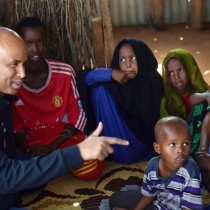


![[Topnews:-] Sarkaalkii Muqdisho ka Afduubtay Saraakiishii Sirdoonka Faransiiska oo Mareykanka u tahriibay.](https://waagacusub.com/uploads//article/photo/IMG_D12C79-B2F5AF-B6B07C-E7F3AC-96251A-E9123F.jpeg)
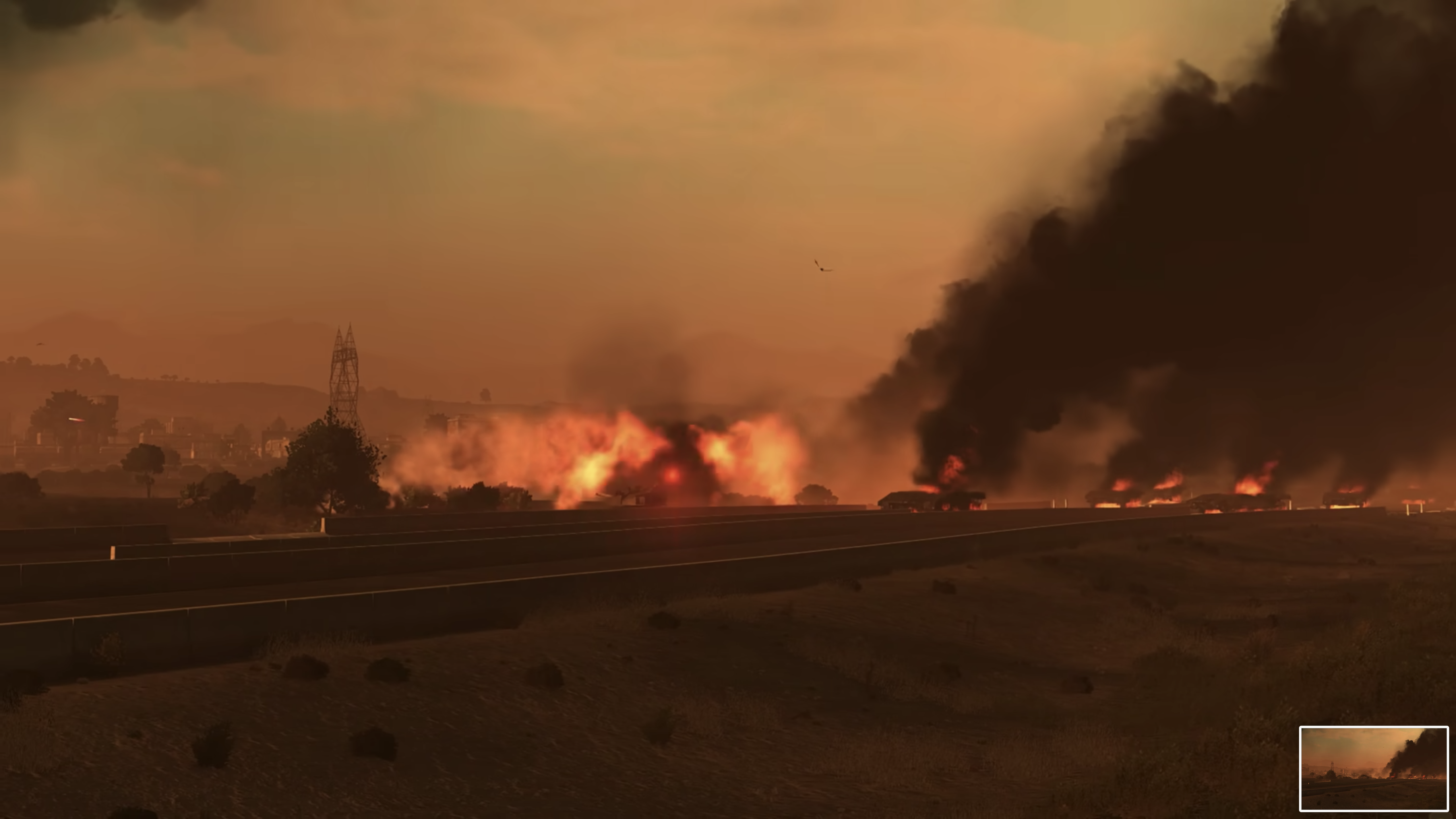
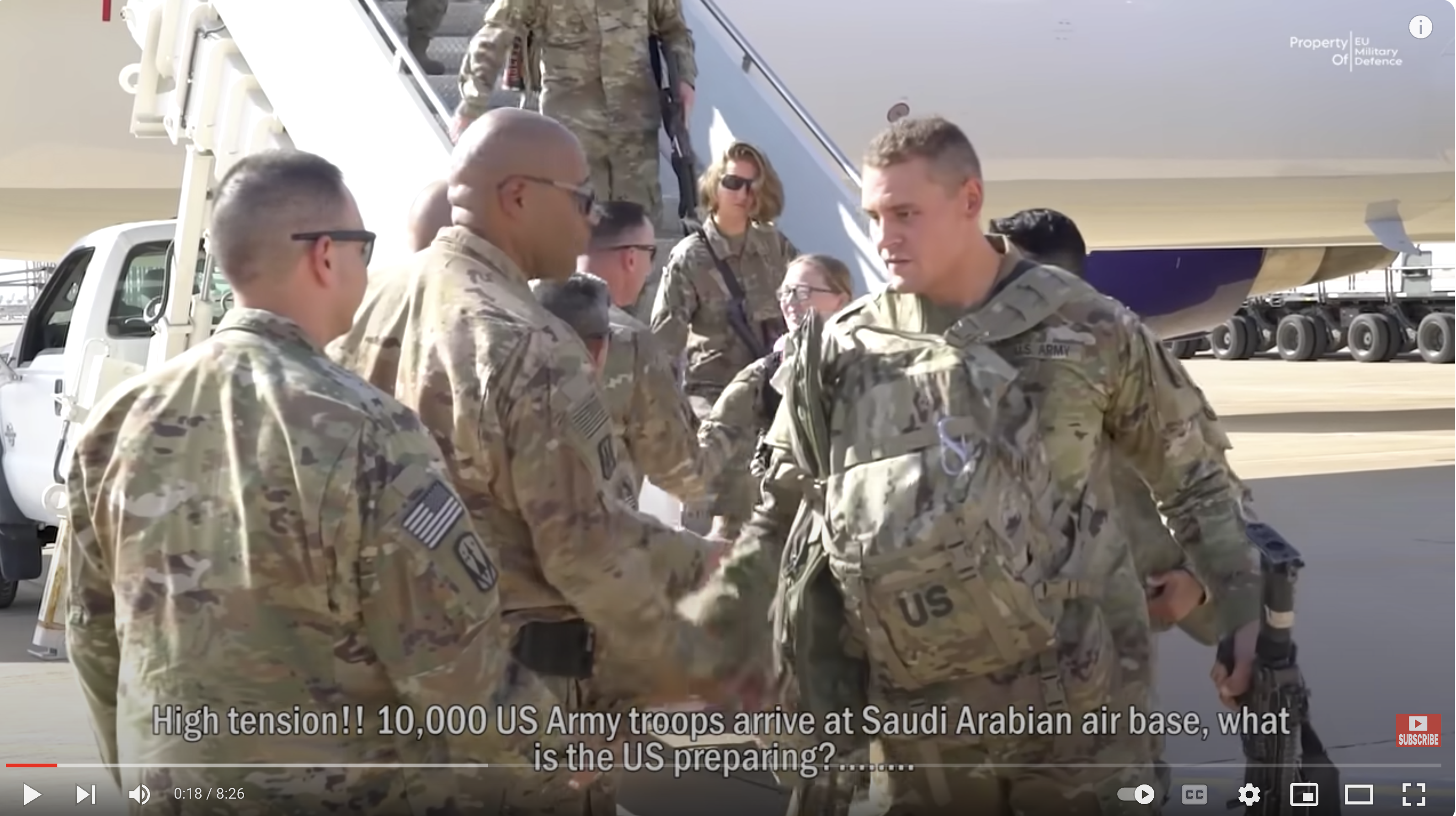

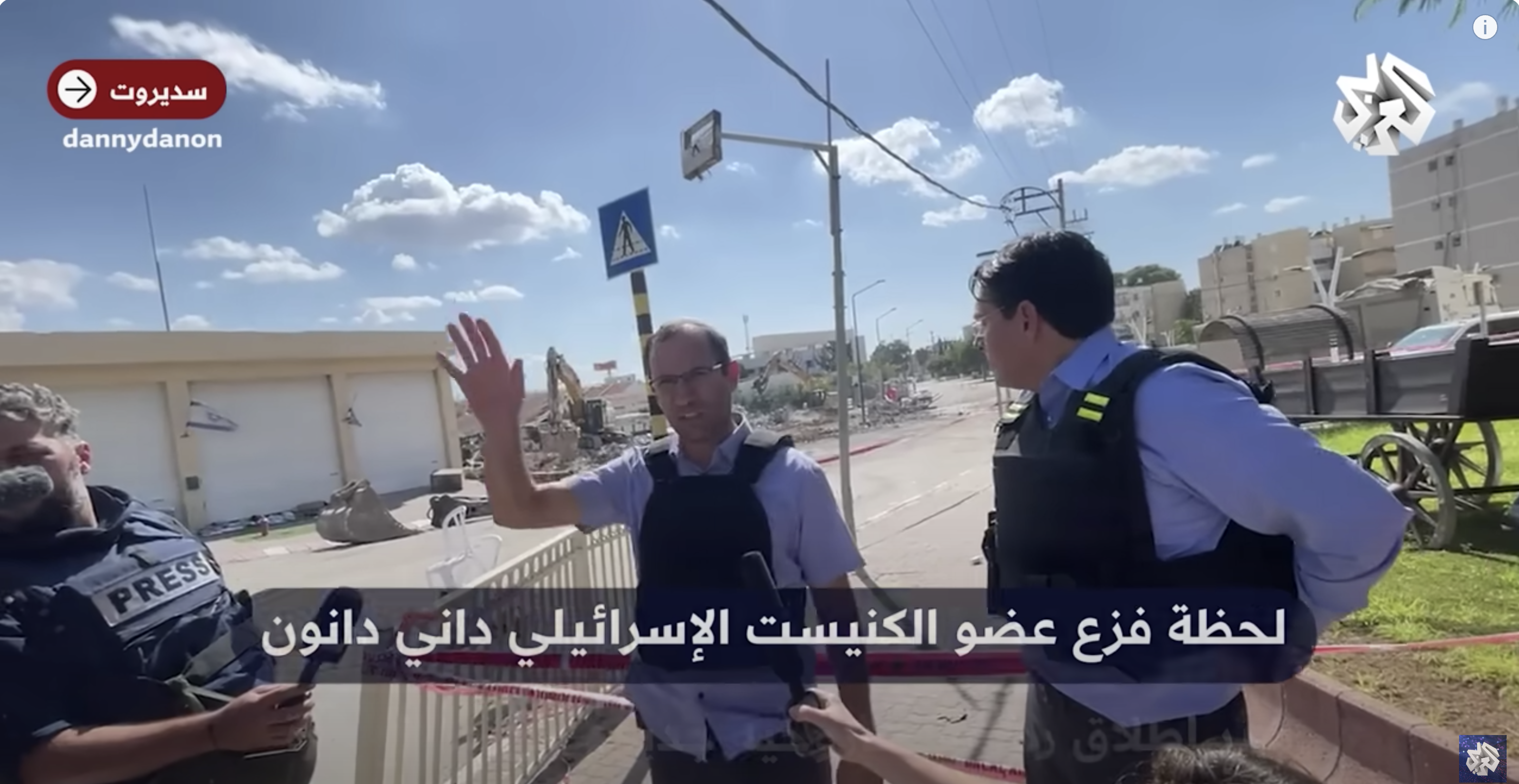
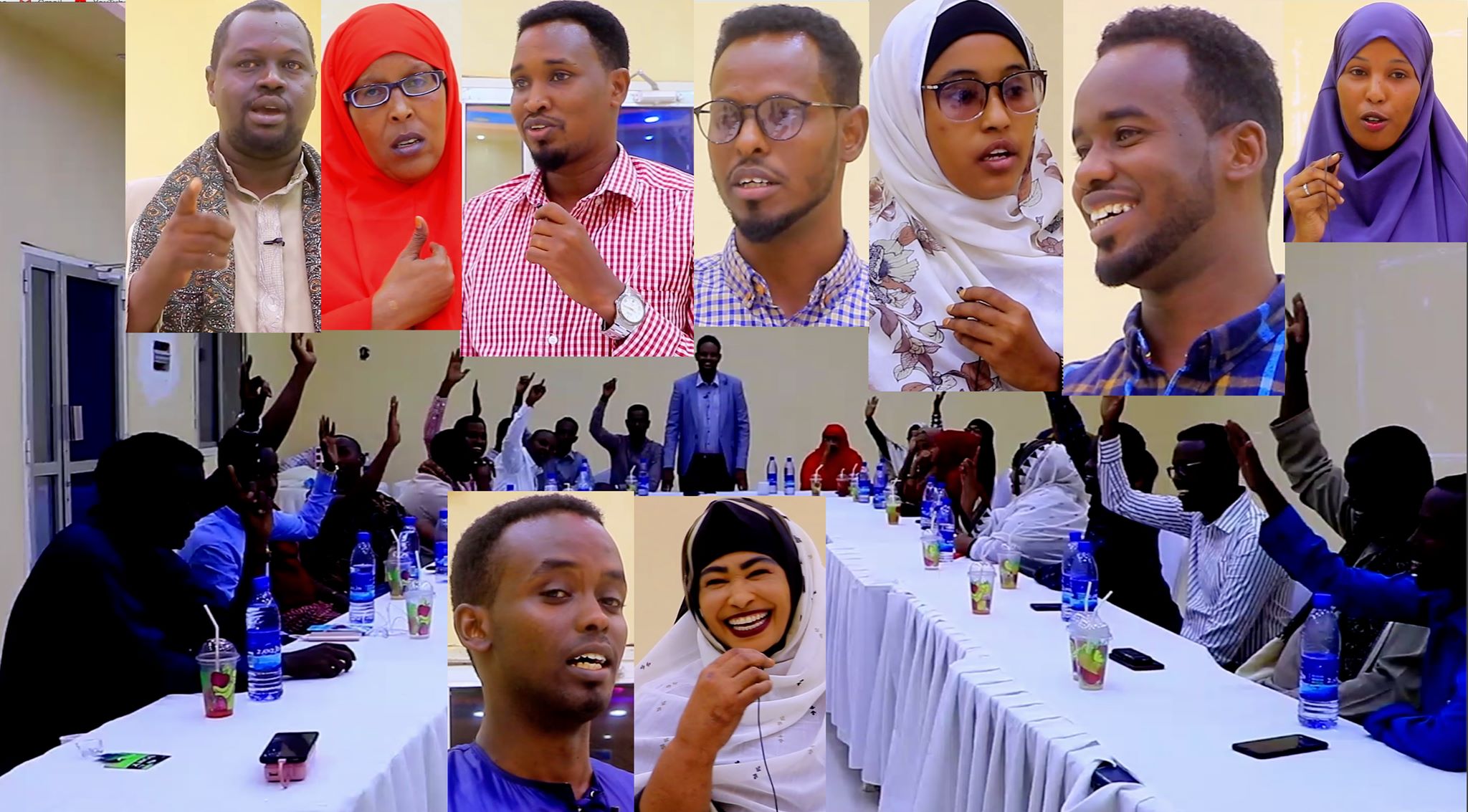
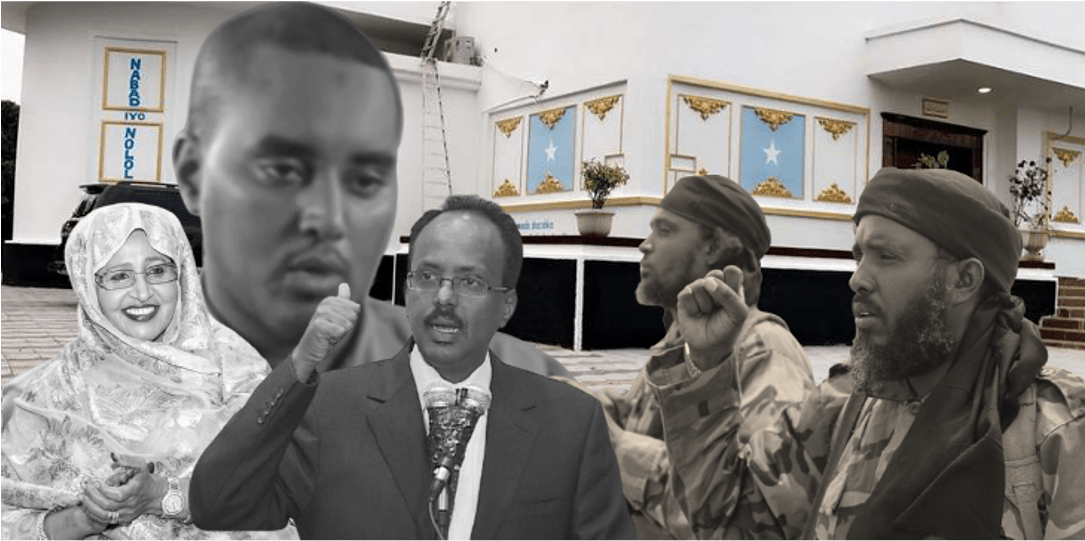
![[DAAWO] Dahir Alasow muxuu ka yiri Arooska Saadaq Joon iyo gabadha Madaxweynaha Jibouti](https://waagacusub.com/uploads//article/photo/IMG_A85D69-E46491-EB949F-F75713-195F22-880C48.png)
![[DAAWO] Gabadh aan Aabbe iyo Hooyo laheyn kadibna seddex Caruura lagu furay maxaa ku dhacay ?](https://waagacusub.com/uploads//article/photo/IMG_418075-E7A0C5-2FE6EA-C581B5-C9940B-8CE1BE.png)
![[DAAWO] Qabiilka ugu fulaysan uguna faanka badan Somalida oo shacabka Soomaaliyeed cabirayaan?](https://waagacusub.com/uploads//article/photo/IMG_444F4F-0F2704-1B7D7E-D109A0-B778B0-E4602B.png)
![[Daawo] sidee loo dilay Amiirka Shabaab iyo Wiilka xasan Dahir - Wararka qubanaha Dahir Alasow](https://waagacusub.com/uploads//article/photo/IMG_732422-B87120-7AB730-3E00E9-27DE0A-43CC94.png)
When refugees lead: A conversation with Canada's refugees minister
We speak with Canada's minister of refugees and immigration Ahmed Hussen about how his own experience of displacement influenced his career and policy-making for our new series on leadership by refugees.